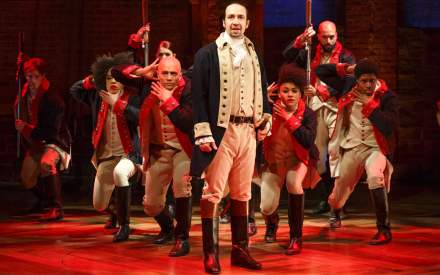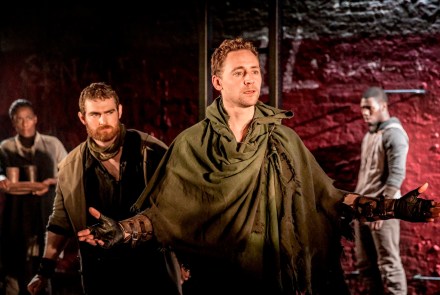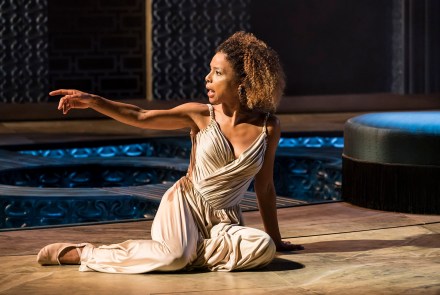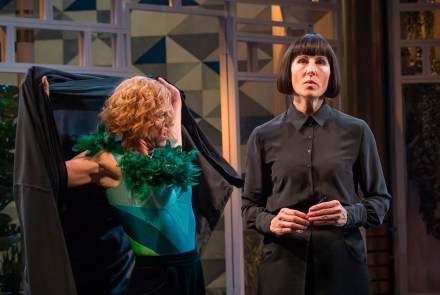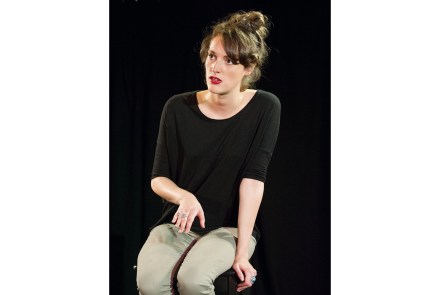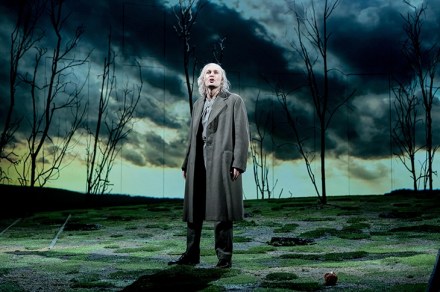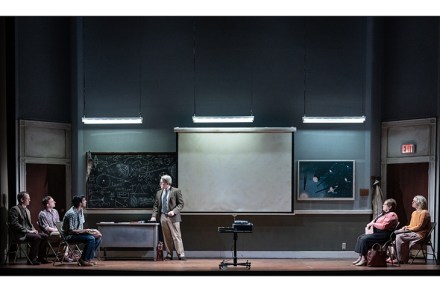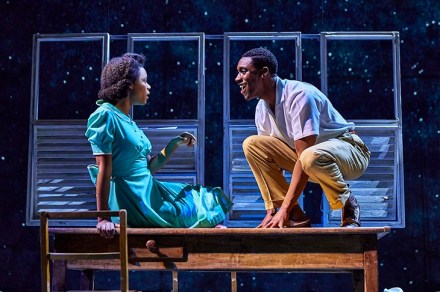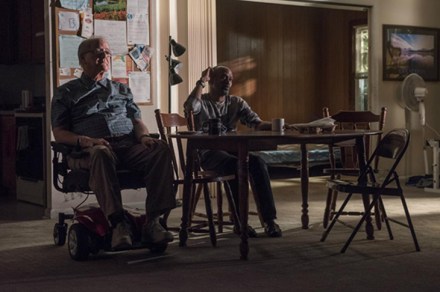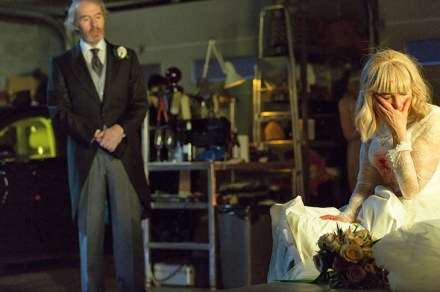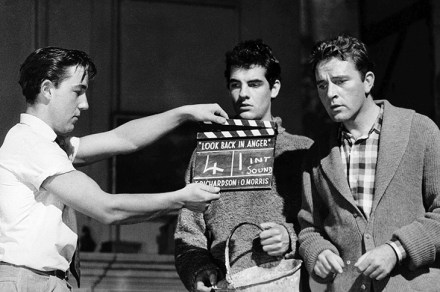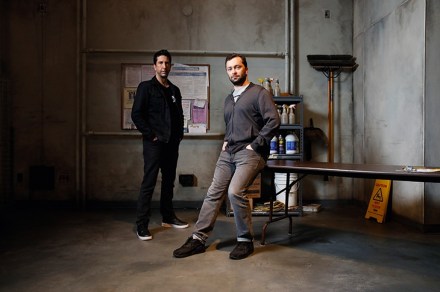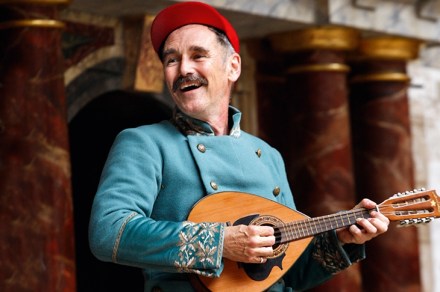What are the new rules on race and performance?
What are the new rules on race and performance? In the world of TV, everyone is busy apologising, self-censoring and denouncing their previous work. Ant and Dec have deleted routines in which they imitated Japanese girls and people of colour. The comedian Leigh Francis has expressed contrition for satirising Craig David in Bo’ Selecta! (which was nominated for a Best Comedy Bafta in 2004). Matt Lucas and David Walliams have withdrawn sketches featuring dark-skinned characters. A new order is being created. A new hierarchy of privileges and prohibitions based on ethnicity is taking root. We are strengthening the vice we sought to eliminate. The new rule appears to forbid actors from
